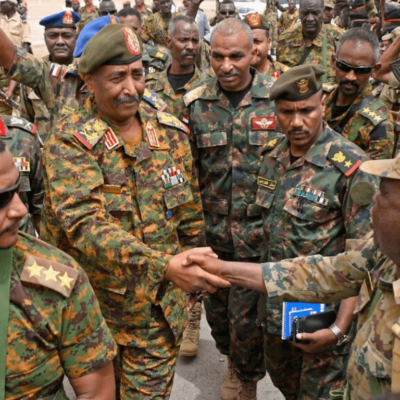How Turkey-Han Omar ties could prove to be dangerous for America and impact its foreign policy

Ilhan Omar, the Democratic Representative and a member of the progressive Squad in Congress soon became a national celebrity as she won seat in Minnesota legislature. In 2018, she became one of the first two Muslim women elected to Congress.
Omar was celebrated as a new generation emboldened progressive lawmaker, the kind US has been waiting to embrace. Her multicultural roots stemming from Somalia played a huge advantage to her profile and soon from a Muslim Somali refugee in the country she became a formidable voice representing new America. Raising the right issues including racial and economic injustice, holding liberal opinion and publicly slamming Trump administration for its governance won her another tenure in Minnesota.
Her high-profile status was worth its hype, for she was raising voice for the right reasons and touching hearts with her words, only until she spoke too much and walked into a controversy. It was not long after coming to power she received rebuke for her anti-Semitic views. House Speaker Nancy Pelosi of California and other members of House Democratic leadership publicly asked Omar to apologise for her “anti-Semitic tropes.” It was then that her showmanship charm started to fizzle out. There are many who still follow her and support her but many found reasons not to believe her word any more – one of those included her close ties with Turkish President Recep Tayyip Erdogan.
In 2017, Omar had a closed meeting with Turkish leader on the sidelines of the UN General Assembly. The details of the meeting were not shared but as per a report carried in Somali-language periodical, the meeting surrounded extending mutual support to each other, wherein Erdogan talked about supporting Somalia and issues of Somalians in Minnesota in exchange for Omar’s support for Turkey. A month later Omar took to Twitter to laud Ankara’s efforts of airlifting Somalis, who got injured in a Mogadishu truck bombing. She even called Turkey, a Somali ally but did not look into the fact that it was Turkey which caused bombing in Mogadishu.
Though one might wonder, with what authority did she held a meeting with premier of a country, who is known in the world for his invasive and offensives policies. Omar has been visibly biased in her opinions towards Turkey.
In her opinion article in the Washington Post, she wrote against Turkish sanctions and emphasised how sanctioning was an ineffective and harmful. But her opinion stood contradicted as she could not explain why she supported sanctions against Israel.
Omar openly supports the Boycott, Divest and Sanction movement targeting Israel. Her anti-Israel agenda, is part of the deal with Turkey. As per reports, in April 2019, a pro-Erdogan Turkish newspaper published an article supporting Omar’s election campaign in order to raise contributions for her. The article defended Omar’s anti-Israel stance and argued that “donating money to Omar’s campaign fund would be an adequate way of denying powerful organizations the power to censor alternative voices.”
Omar’s strong opinion against Israel would have resonated if it was made from a neutral stand point. Unfortunately, she doesn’t recognise Turkey’s military intervention in Libya, supporting militia in Syria, triggering refugee crisis in Europe and conducting illegal oil drills in Mediterranean. She also did nor support the 2019 resolution which acknowledged Armenian genocide by the Ottoman Empire. When questioned about the same, she said, “A true acknowledgment of historical crimes … must include both the heinous genocides of the 20th century, along with earlier mass slaughters like the trans-Atlantic slave trade and Native American genocide … in this country.”
It is almost dangerous how she is manipulating international scenarios on the basis of her biases. She strongly opposed the transfer of weapons to the Arab country in the name of preserving human rights situation in the region, but did not speak about the fact how Turkey and Qatar have been wanting an arms deal with US. Her political position and close rapport with Democratic Rep. Bernie Sanders, who co-chairs House Foreign Affairs Committee, could deeply impact US foreign policy.




